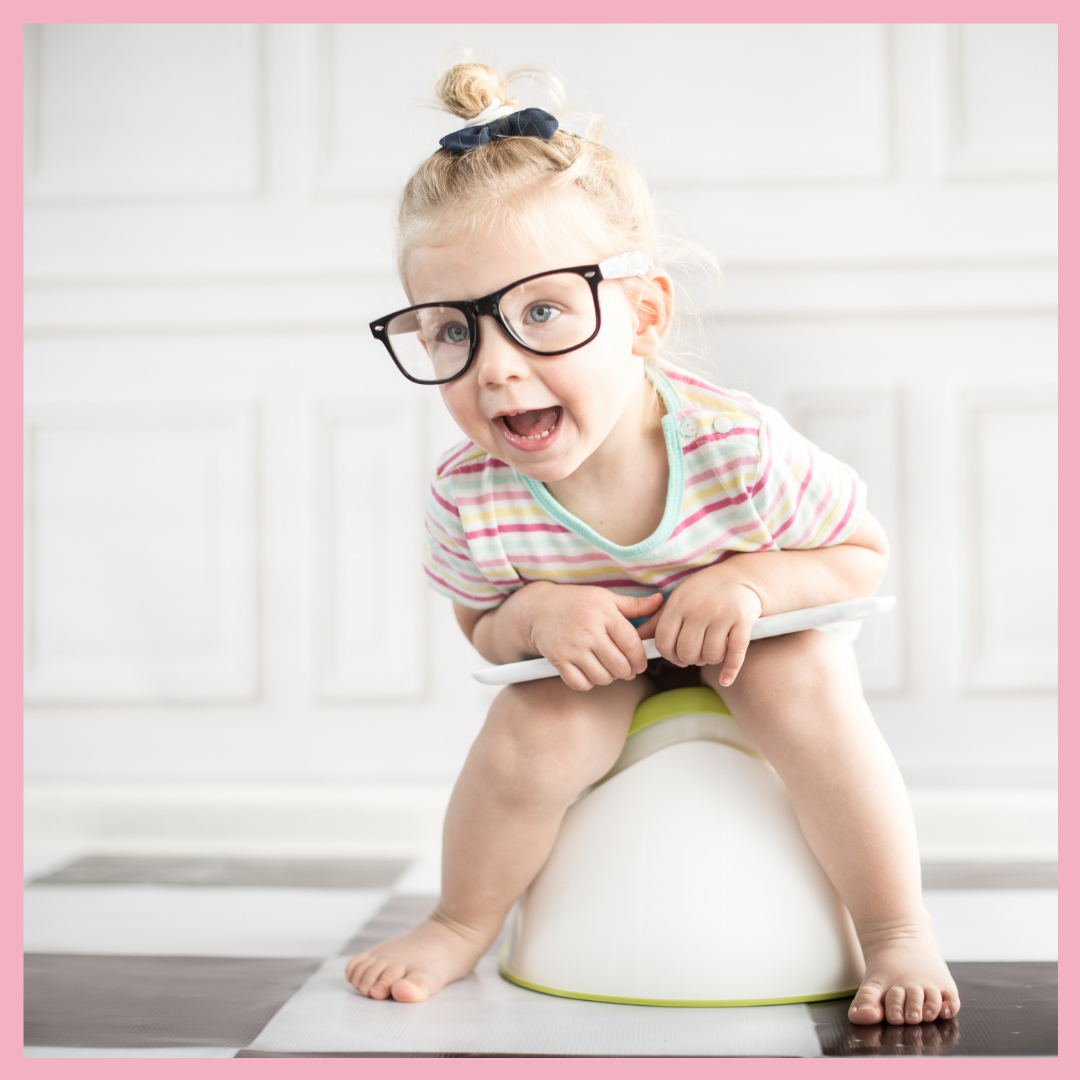There’s nothing better than watching your child reach the crucial milestones within their first few years of life. One of the most exciting for many parents is potty training. Let’s face it, diapers are expensive and it’s much easier to care for a child who uses the bathroom independently. Yet, at the same time, it can be time-consuming and stressful if you’ve never been through the process before. Today we will discuss when to start potty training and provide you with some signs your child is ready.
When to Start Potty Training?
The success of potty training hinges on developmental, behavioural, and physical milestones, rather than age. Children grow and develop at different rates, so while one child may be ready to begin potty training around 18 or 24 months, others may not until they are 3 or older. Though you may be anxious for your child to be toilet trained, there is no real rush. In fact, if you start too soon, experts agree it can take your child longer to learn the concept.
Signs Your Child is Ready to Potty Train
To determine if your child is ready to begin potty training, there are some signs to watch for. These signs include:
- Does your child show interest? This may come in the form of asking questions when seeing siblings or parents use the bathroom. This is the most important sign because if the child isn’t interested, it can take extra time to train them.
- Can your child verbalise and understand the concept of “going potty”? If so, your child may tell you things such as he needs to go or that his diaper is dirty. Don’t be alarmed if your child tells you they need to “go potty” even though their diaper is already wet or soiled.
- Does your child understand the urge to relieve him or herself? In other words, does your child know the appropriate time to use the potty?
- Does your child’s diaper stay clean for a minimum of two hours?
- Can the child pull his or her own diaper or underwear down, and then back up again?
- Will your child follow directions when you provide simple instruction?
- Does your child like to copy the behaviours of you or other people?
- Can your child get on and off the potty without assistance?
- Will your child sit on the potty long enough to go pee or poop?
If you answered “yes” to most of these questions, then it’s definitely time to begin trying to potty train your child. However, if you answered “no” to the majority of them, it may be in your best interest to wait longer.
There are lots of games you can incorporate into the training process, and this works for many parents, as does a reward system. You can also try different approaches. If your child doesn’t like sitting on a potty seat on the regular toilet, you can invest in a child’s potty toilet that’s smaller and less intimidating.
In the end, don’t be afraid to try different methods but most importantly remember that patience is key! Potty training is something that usually doesn’t happen overnight - it takes time and there will be accidents!
4 Tips to Potty Train Your Little one
#1 Introduce the toilet
Toilets tends to be an allowed space only for large children or adults. Therefore, we need to show our children that they are also welcome. First, toddlers need to be comfortable in the bathroom. It is either important to explain to them what happens when we flush the toilet.
#2 Make it interesting
This step can be different for each toddler depending on what your little one like.
Some children like to listen funny music, others like to read a book. Below you can see some ideas that I think are interesting for them.
- Listen funny music;
- Potty book;
- Ipad;
- Comic book for kids;
- Colouring book.
#3 Let them join you
Children like to imitate what we do and not just what we say. So let your child go to the bathroom while you’re pooping. They need to find it interesting that we go to the bathroom, spend a certain amount of time there, and finally see your business go swirling down the drain.
#4 Accident happens
During the process of the potty train accidents happen. If your child cannot tell you that he wants to poop, you must make it clear that this is normal and that everything is fine.
Having a hard time with potty training one day, doesn’t mean the next day will be the same.

